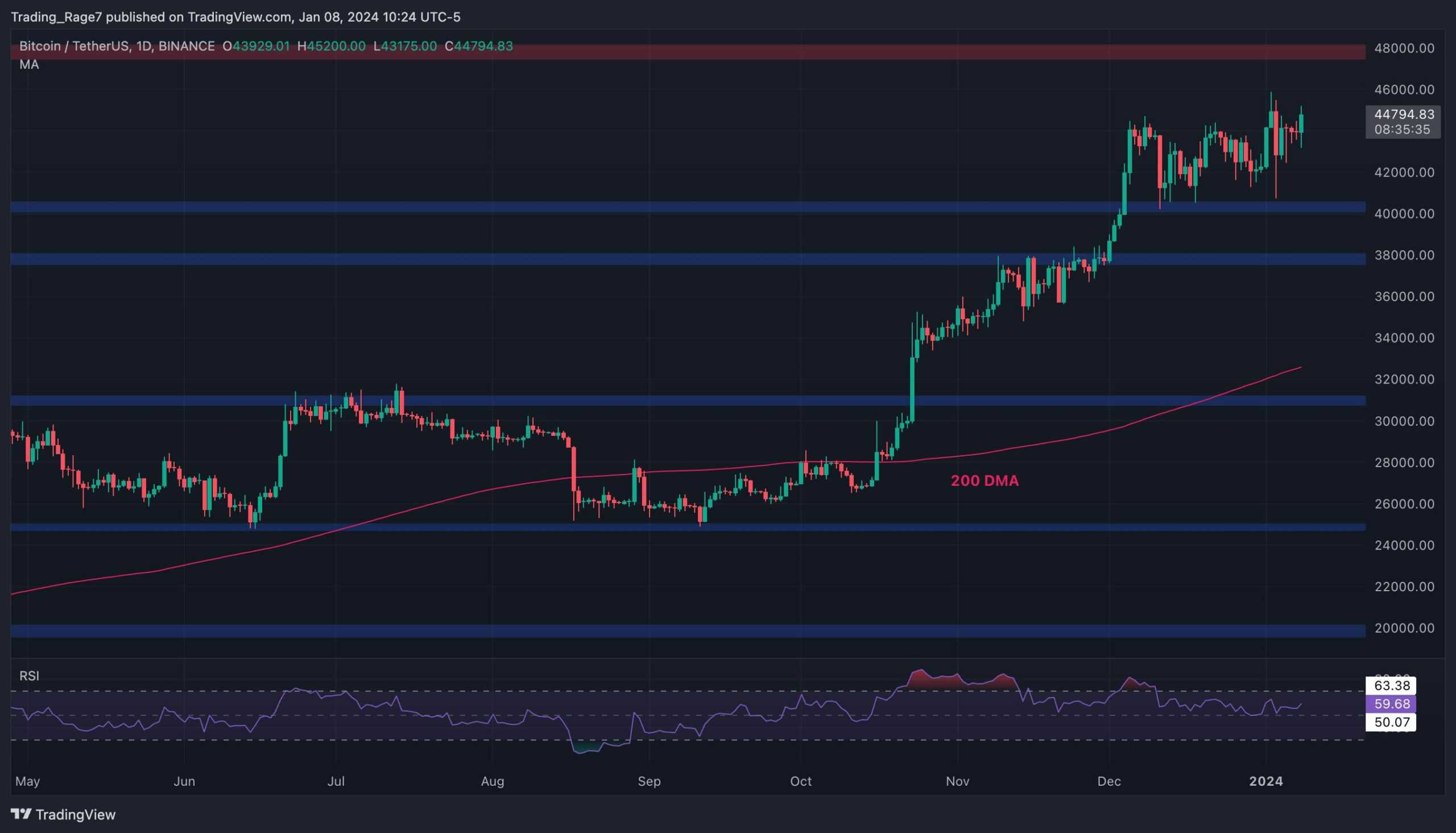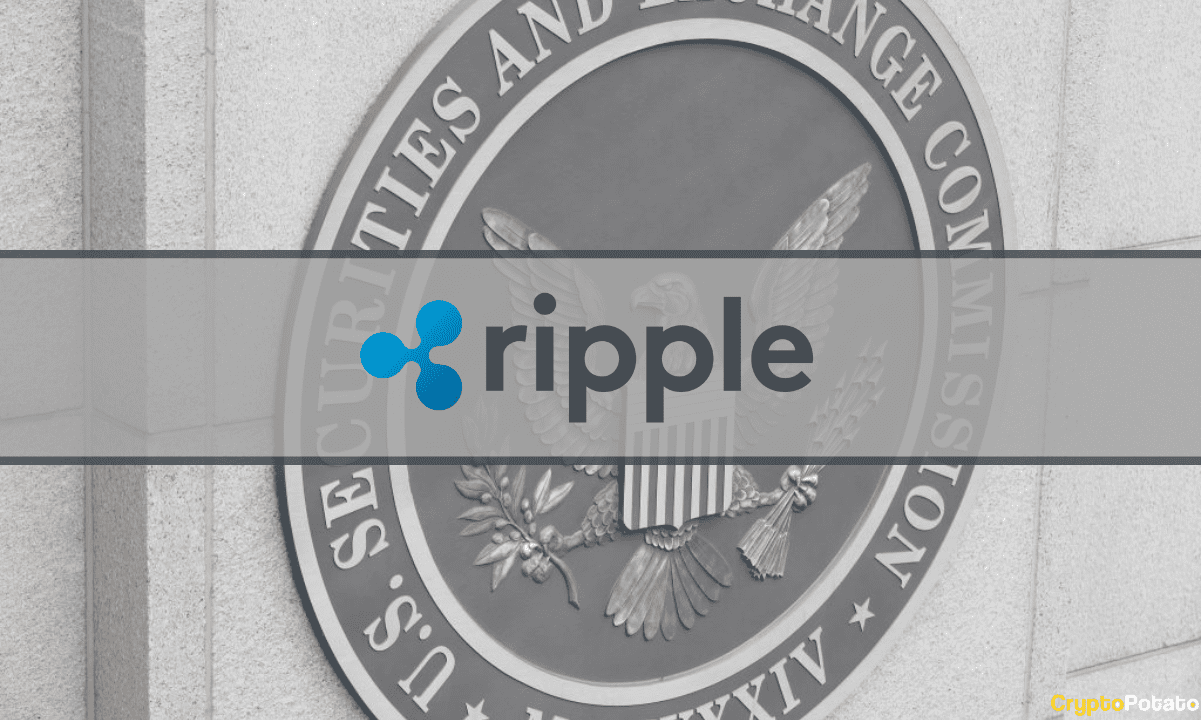Financial Institutions Are Coming Big Time for Bitcoin and Crypto, Says Binance CEO
Changpeng Zhao – Chief Executive Officer at Binance – opined that a growing number of traditional monetary institutions had turned their sight into cryptocurrencies recently, especially bitcoin. He also mentioned that the trading platform would change its structure to comply with the regulatory requirements.
Financial Institutions Are Flocking into BTC
In a recent interview for The South China Morning Post, Changpeng Zhao – Founder and CEO of Binance – shared his views on the latest trends in the crypto space. According to him, global financial institutions and investors have already realized the digital assets’ merits. With that said, they have started jumping on the cryptocurrency bandwagon, with bitcoin being their primary interest:
“The financial institutions are coming big time. We also see the traditional financial services from some of the bigger names moving into the space.”
Changpeng Zhao, also known as CZ, explained that bitcoin is not only a currency but also a multiasset class technology and a whole new platform. For that reason, many of the leading financial institutions view it as an investment instrument.
The top executive asserted that digital assets would play a massive role in the future monetary network. Predicting, though, which exact sectors of the economy they will invade would be “quite hard” at the moment.

The Regulatory Issues
The largest cryptocurrency exchange has faced some hurdles from regulators recently. Watchdogs from the UK, Hong Kong, Japan, and Singapore have applied multiple regulatory warnings to Binance in the past months.
A few weeks ago, the Financial Sector Conduct Authority (FSCA) of South Africa also joined that list. According to the regulator, Binance does not have the necessary registration to offer brokerage services or give investment recommendations in the African country.
Attempting to solve these problems, Zhao asserted that the trading venue would change its structure. More specifically, Binance would rebuild itself into a licensed financial institution with centralized headquarters:
“Four years ago we wanted to embrace decentralization but we do run a centralized exchange. We need a shift. We need to enhance. We are making those changes to make it easier for regulators to work with us.”
What about CBDCs?
Subsequently, CZ gave his two cents about central bank digital currencies and their future employment. He described them as controversial assets that have both advantages and minuses.
CBDCs would educate people about cryptocurrencies. They would also increase the acceptance of digital assets among the general population:
“Once people use CBDC to pay for a cup of coffee, they could also say ‘Oh, this is very similar to bitcoin, I could also use bitcoin to pay my other friend in different country.’”
However, limited freedom and government control would be some of their most significant disadvantages.









